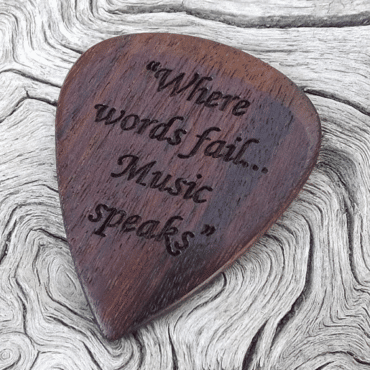

Practical Music Listening Techniques for Wellness
By Amanda Rosado | July 11, 2022
Music is often touted as an accessible, creative, and innately human experience. Perhaps if you take a moment to think about your own relationship with music, you may find that you naturally use it as a means to cope and connect with your emotions, as a distraction from something, or simply for the sake of enjoyment.
Here are some at-home music listening idea that may help to build a stronger connection with music for wellness:
- Theme-Based Playlists: Curating personal playlists that match a certain mood, need, or energy is a fabulous way to create intention to your music listening experience. To think about a theme, here are some possible questions to answer for yourself:
-
- What is a feeling that I want more of that might help me throughout the day?
- What is a feeling/thought that I want to honor/nurture?
- What different purposes does music serve for me?
- Dancing/moving, singing, and “drumming” to music: Physical responses may help regulate the vagus nerve, which in turn reduces anxiety and stress in the moment. In music therapy research, this is also often called entrainment – our body’s natural physical reaction to rhythmically mirror to music. So, when you have a free moment in a time of stress, release it by rhythmically moving or singing along to a song that you enjoy. Don’t have a drum but love the idea of drumming along for release? Grab a hardcover book, pat your legs, or snap/clap along – you can make percussion out of anything!
- Music Assisted Relaxation: Music listening can help induce a sense of calm and relaxation. Perhaps even just creating a playlist of songs that you find calming, and just taking the time to sit quietly and do nothing for a moment, may be more than enough for you to find benefit. Here are some other ideas to nurture mindfulness with music:
- Breathing with music: For this one, I often encourage slow-tempo songs, but just as long as you enjoy it, you can work with it. While you listen to the song, take note of the quality and tempo of your natural breathing, and try to not change anything, just notice it. Once you’ve taken a moment to do that, see if you can control your breathing pattern to match the natural phrases and changes in the music that you’re listening to.
- Rhythmic doodling: This is for if you perhaps like the idea of using music for mindfulness, but could benefit from something a little bit more active. Grab a piece of paper and a writing tool of choice (pencil, colored pencil, pen, paintbrush, your choice!). Play a song and “draw” along to the rhythm of the music. I would encourage you to keep an open and judgment free mind, as this does not need to emphasize your artistic skill or even need to have a concrete image. If free drawing isn’t your thing, you can easily apply this same concept to coloring.
- Lyric journaling: This is a technique for those who are looking to process and be in touch with one’s emotional experiences. Think of a song that you feel like you connect with, spend some time listening to it while looking at the lyrics, and highlight a lyric, or two or three, that stand out to you. From the lyrics, take some time to journal about the personal meaning for you.
I hope that these take-home experiences can help cultivate space to nurture your wellness.
Amanda Rosado, MMT, LPMT, MT-BC is a MD-state licensed and nationally board-certified music therapist at Anchored Hope Therapy. Through the medium of music experiences (songwriting, music listening, song discussion, and music making), she has supported folx in processing trauma and difficult emotions, as a means to not only cope, but also build upon one’s identity, self-expression, and internal resources.
Amanda is currently accepting new clients at Anchored Hope Therapy, and offers a free 20 minute consultation for folx who are interested in learning more about music therapy. Although Music therapy is not a covered benefit under insurance, Anchored Hope Therapy is offering a discounted introductory rate and tiered pricing. For more information, please visit https://anchoredhopetherapy.com/contact-us/ or call 443-291-8090.


